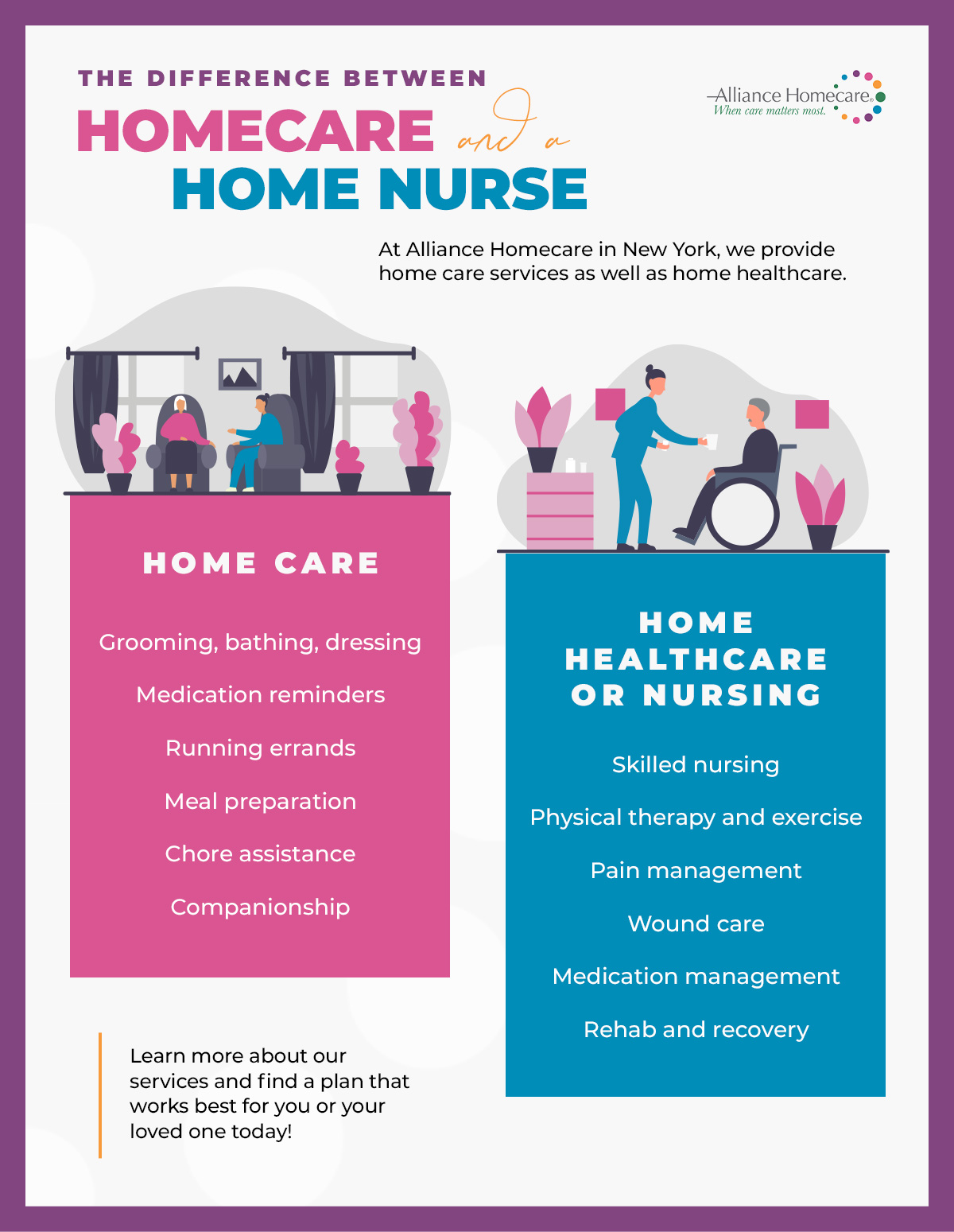Positive outcomes of partnering with home care providers for personalized support
Everything About Home Treatment Services for People With Disabilities: NDIS Registered Support
Home care solutions under the NDIS play a critical duty in sustaining individuals with handicaps. These services are developed to boost daily living with customized assistance, ranging from individual like mobility assistance. Understanding just how to browse these choices can be intricate. This overview checks out the different facets of NDIS home care, from available services to the choice of service providers, highlighting important considerations for those seeking support. The trip towards equipped treatment starts right here.
Recognizing the NDIS and Its Purpose
The National Impairment Insurance Coverage Plan (NDIS) acts as a transformative structure created to give assistance and services for individuals with specials needs. Developed to improve the top quality of life and warranty fair access to necessary sources, the NDIS equips individuals by using personalized plans tailored to their distinct needs. It aims to cultivate freedom, making it possible for individuals to seek their individual objectives and aspirations.Through an organized method, the NDIS allots funding for different supports, including education, employment aid, and area participation. This comprehensive plan not only concentrates on prompt treatment however also emphasizes lasting developmental outcomes. By advertising option and control, the NDIS encourages participants to pick their favored company, assuring that care aligns with their worths and preferences. Eventually, the NDIS stands for a substantial commitment to improving the lives of individuals with handicaps, promoting inclusivity, and building an extra supportive culture.
Types of Home Treatment Services Available
Numerous sorts of home treatment services provide to individuals with handicaps, mostly concentrating on personal treatment assistance and reprieve treatment choices. Individual care help provides necessary support with day-to-day activities, while break treatment provides short-lived relief for key caregivers. Comprehending these solutions is crucial for ensuring the wellness of both people with specials needs and their households.
Personal Treatment Assistance
While navigating daily life can present challenges for individuals with impairments, individual treatment help supplies necessary assistance tailored to their distinct requirements. This kind of home care service includes a variety of tasks designed to promote self-reliance and improve top quality of life. Individual care assistants assist with everyday jobs such as showering, clothing, brushing, and toileting, making certain individuals maintain individual hygiene and convenience. They might also help with meal preparation, medicine monitoring, and mobility assistance. By providing personalized care, these professionals equip people to involve more completely in their social tasks and everyday routines. In general, personal care support plays a significant role in fostering dignity and freedom for those with handicaps, permitting them to grow in their home setting.

Break Care Options
Reprieve care functions as an important resource for families and caretakers of individuals with disabilities, offering short-lived remedy for the demands of everyday caregiving. This type of service can take different kinds, consisting of at home respite treatment, where qualified professionals see the home to aid with care jobs. Family members might choose for facility-based respite care, where individuals receive treatment in a specific environment, enabling caregivers to take a break. In addition, some companies provide emergency situation respite solutions for unanticipated circumstances. These choices not only assist relieve caregiver stress and anxiety however additionally promote the well-being of individuals with disabilities by supplying them new experiences and social communication. In general, respite care plays an essential role in sustaining both caregivers and those they care for.

Just How to Accessibility NDIS Home Care Solutions
Accessing NDIS home care services involves comprehending the qualification requirements stated by the National Impairment Insurance Policy System. People have to navigate a structured application procedure to safeguard the required support customized to their requirements. This section will clarify both the eligibility requirements and the actions associated with making an application for solutions.
Eligibility Criteria Explained
To get NDIS home care services, individuals should satisfy details qualification requirements that evaluate their requirements and circumstances. First, applicants need to be aged between 7 and 65 years and have a substantial and long-term disability that influences their capacity to execute everyday activities. Furthermore, they need to be an Australian resident, an irreversible resident, or hold a Protected Unique Category Visa. The NDIS requires evidence of the handicap, usually via medical assessments or records. In addition, people need to demonstrate that they call for support to participate in social and economic life. These criteria assure that solutions are routed towards those who genuinely require support, promoting independence and boosted lifestyle for people with specials needs.
Application Refine Actions
Can I Choose My Very Own Support Workers Through NDIS?
The individual asked whether they could select their own support workers under the NDIS framework. Generally, individuals have the flexibility to pick assistance workers, cultivating personalized treatment that lines up with their certain needs and preferences.
What Happens if My Demands Adjustment After Getting Assistance?
If an individual's demands adjustment after getting assistance, they must interact these modifications to their company. Modifications can be made to the treatment plan, making certain that the assistance stays pertinent and reliable for their conditions.

Are There Limits on The Amount Of Hours of Treatment I Can Receive?
The individual inquired concerning prospective restrictions on the variety of treatment hours received. Usually, such limitations might exist based on certain policies or funding plans, emphasizing the value of evaluating guidelines and agreements consistently.
Can I Make Use Of NDIS Funding for Home Alterations?
The concern of using funding for home modifications emerges frequently. Generally, people may make use of NDIS funding for required alterations to their homes, making sure accessibility and safety and security, section upon conference certain eligibility requirements and guidelines.
Just how Do I Manage Problems Concerning My Home Care Services?
To deal with complaints regarding home care services, people should first record their concerns. They can connect directly with their service supplier, looking for resolution, or intensify the concern to appropriate oversight bodies if required. Home care solutions under the NDIS play a crucial role in sustaining people with handicaps. Different kinds of home treatment solutions cater to people with specials needs, primarily concentrating on individual care help and break care options. support at home provider. Personal treatment support offers necessary assistance with everyday tasks, while respite care provides temporary relief for primary caretakers. Families might decide for facility-based break treatment, where people obtain care in a customized atmosphere, allowing caregivers to take a break. Exactly how can family members efficiently take care of the economic facets of home treatment services for people with disabilities?